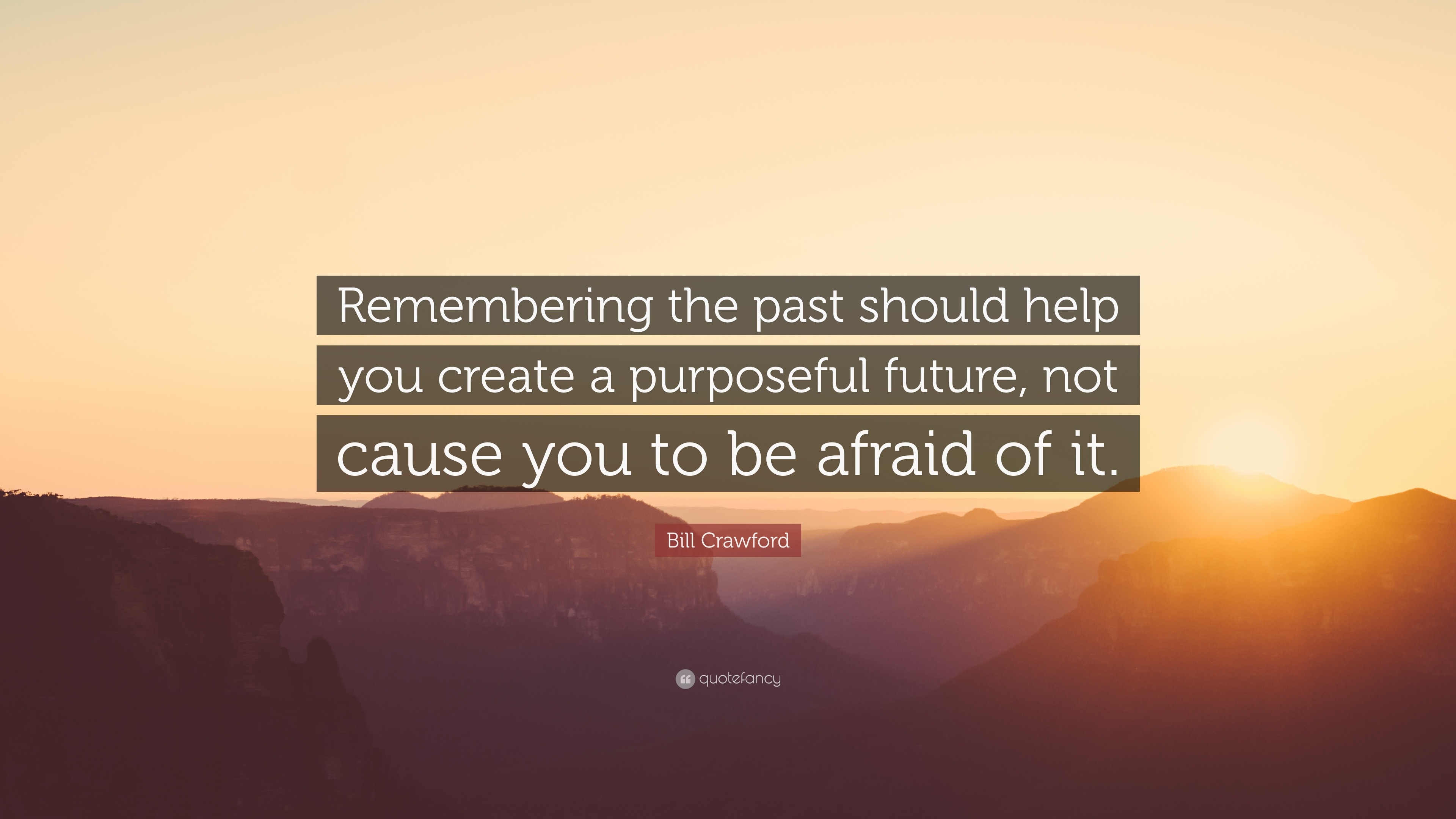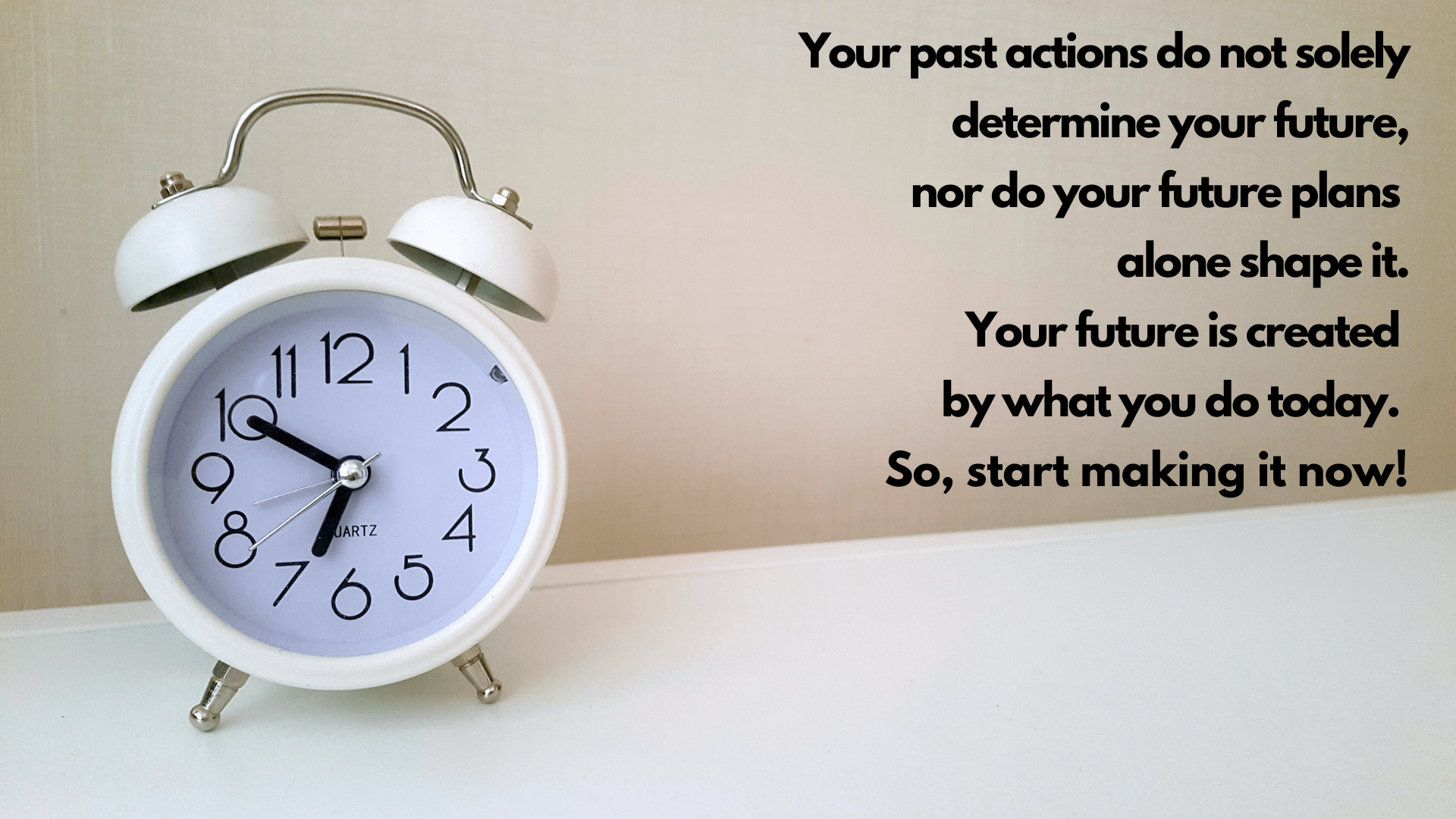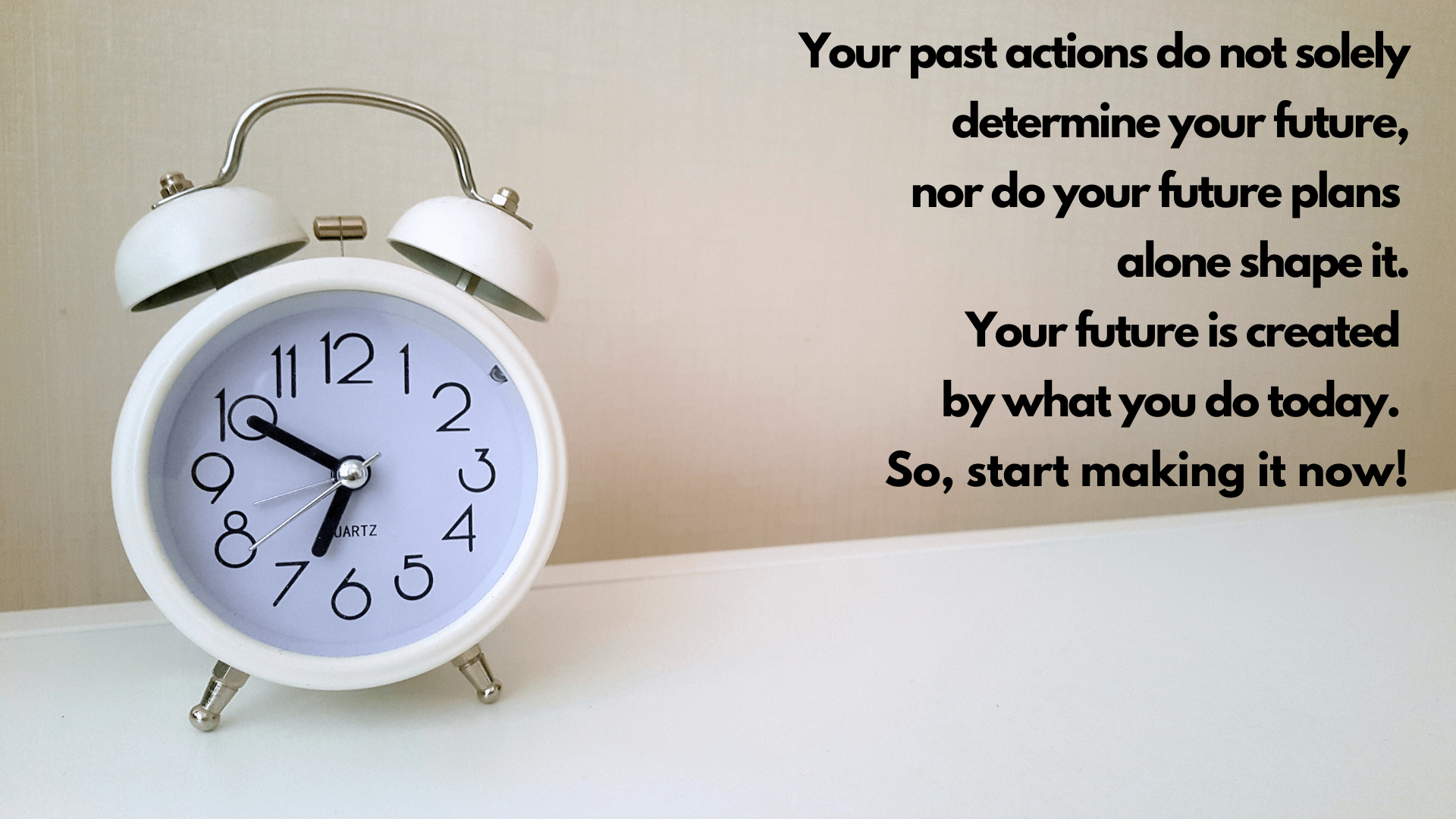
Can you truly build a strong future if you don’t understand your past? This question touches something deep in all of us. At Remin.site, where memories, ideas, and legacies are preserved for future generations, we believe the answer lies not just in reflection—but in integration. Your past isn’t just behind you. It’s part of your story, your identity, and your power to shape what comes next.
Why the Past Matters
<img src=”https://remin.site/wp-content/uploads/2025/07/20641-Dear-Past-Dear-Future.jpg” alt=’Dear Past, Thank you. Dear Future, I’m ready.” style=”width:100%; height:auto; margin-bottom:20px;”/>
Your personal history isn’t a set of dusty memories—it’s a living framework that informs your decisions, your reactions, and your aspirations. Ignoring it is like trying to write a book without knowing the first chapters. You may keep moving, but you’ll never truly know who’s holding the pen.
“Remembering the past should help you create a better future, not trap you in fear.” – Bill Crawford
Identity Is Rooted in Experience
From our childhood memories to our teenage mistakes and adult milestones, every experience plays a role in shaping who we are. Our sense of identity and growth isn’t born from nothing—it emerges from the story we’ve been living.
- Family traditions and inherited beliefs
- Moments of triumph and failure
- Relationships that taught us love, trust, and even heartbreak
Psychologists argue that self-awareness starts when we look at where we’ve come from. According to Psychology Today, understanding your personal past is key to emotional intelligence and resilience.
Lessons from Trauma and Triumph
Some past experiences are painful. Others are glorious. But both hold vital lessons. Trauma may shape your fears, but it also reveals your strengths. Success may boost your confidence, but it’s the struggle behind it that builds character.
When we repress these stories, we deny ourselves the opportunity to heal—and to grow. At Remin.site, we help you record and revisit those pivotal moments so your life’s journey doesn’t get lost in silence.
What Happens When We Ignore the Past?

Let’s be honest—it’s tempting to move on without looking back. But when we bury the past, it doesn’t disappear. It lingers beneath our choices, habits, and relationships, showing up when we least expect it.
Repeating Cycles and Self-Sabotage
Unexamined pain often turns into patterns. We choose partners who resemble old wounds. We sabotage success because deep down, we don’t believe we deserve it. These aren’t random—they’re echoes of what we haven’t processed.
- Do you find yourself stuck in the same conflicts?
- Do your fears outweigh your dreams?
- Do you avoid silence because memories feel too loud?
You’re not alone. These patterns are common—but they’re also reversible when you turn around and face them with compassion and curiosity.
Emotional Disconnection and Lost Purpose
When we disconnect from our past, we often disconnect from ourselves. This can lead to:
- Loss of direction – not knowing what you want or why you want it.
- Shallow goals – chasing dreams that don’t feel meaningful.
- Emptiness or numbness – because the roots of joy are entangled in memory.
But here’s the truth: reclaiming those parts of your life is an act of power. It’s how you begin to rewrite your future, not in fear—but in freedom.
Building a Strong Future: How the Past Can Empower You

Yes—you can build a strong future, but only by understanding what has come before. Your past doesn’t dictate your destiny—it prepares you for it.
Self-Awareness as a Foundation
Self-awareness is like GPS for the soul. It tells you where you are, how you got there, and what roads may lie ahead. But you can’t get that awareness without looking backward with intention.
As Harvard Business Review explains, time spent on self-reflection improves decision-making, creativity, and emotional intelligence—all vital ingredients for a fulfilling life.
Reframing Your Story: Healing Through Narrative
One of the most transformative tools you have is your story. Not the facts—but the meaning you give them. This is the power of reframing.
“Between stimulus and response there is a space. In that space is our power to choose our response. In our response lies our growth and our freedom.” – Viktor Frankl
At Remin.site, we believe that your memories, when honored and recorded, become more than moments. They become messages—lessons to be passed on, a legacy for your children, your community, and yourself.
In Part Two, we’ll explore how to take action: how to journal your truth, build a life vision grounded in your values, and learn from others who’ve turned pain into power.
But for now, ask yourself: what part of your past are you still afraid to understand? And what might your future look like if you did?
Practical Steps to Integrate the Past into Future Planning
Reflection is powerful—but action transforms. If you want to build a strong future rooted in your truth, it starts with making space for the past in your present life. Here are some simple yet profound ways to begin:
1. Journaling, Therapy, and Reflection Tools
Creating time for introspection helps you surface the stories beneath the surface. Try the following:
- Journaling – Write letters to your past self or future self. Capture memories as they arise. Don’t edit—just release.
- Therapy or coaching – Professionals can guide you through unresolved emotional patterns with empathy and perspective.
- Life review exercises – Use prompts such as:
- “A moment that changed me was…”
- “I still carry this story because…”
- “If I could speak to that version of me, I’d say…”
There are great tools available for reflection, such as Greater Good Science Center’s guides on resilience and self-discovery.
2. Creating a Vision Rooted in Personal Truths
Most people set goals based on trends or pressure. But when you shape your vision through the lens of your history, it becomes magnetic—aligned with who you are.
Ask yourself:
- What values have guided me through life?
- What patterns am I ready to break?
- What legacy do I want to leave?
This is where Remin.site becomes your ally. By preserving your memories, ideas, and assets, you’re not just organizing your life—you’re claiming it. You’re saying: “I am more than my pain. I am the author of what comes next.”
Stories That Inspire: Real-Life Examples
History is filled with people who turned their wounds into wisdom. When we reflect on these lives, we’re reminded that our own transformation is possible—no matter where we’ve come from.
Maya Angelou: From Silence to Strength
After experiencing trauma in her youth, Maya Angelou became mute for years. But eventually, she found her voice—and used it to become one of the most powerful writers and civil rights activists of our time.
“There is no greater agony than bearing an untold story inside you.” – Maya Angelou
Viktor Frankl: Meaning in Suffering
As a Holocaust survivor, Viktor Frankl lost everything—but discovered that even in the darkest times, humans can choose how they respond. His book “Man’s Search for Meaning” is a testament to the power of purpose born from pain.
At Remin.site, we believe everyone has a story worth telling—because every life holds lessons, no matter how ordinary it seems. Your memories, once preserved, may become the torch someone else needs to keep walking.
Conclusion: Honoring the Past, Empowering the Future
You don’t need to dwell in the past—but you do need to understand your past to move forward freely. When you acknowledge your experiences, both beautiful and broken, you reclaim the narrative. You turn memory into meaning. You build a strong future—not despite your past, but because of it.
At Remin.site, we help you document and protect that journey. We believe that death is not the end—it is the beginning. Your life deserves to be remembered, your voice deserves to echo through generations, and your truths deserve to lead you forward.
Start today. Write it down. Record your truth. Share your story. Let your past become a bridge—not a barrier—to everything you are meant to become.
Frequently Asked Questions
Can you move forward in life without revisiting the past?
Yes, but not deeply or sustainably. Unprocessed memories often show up in relationships, patterns, and fears. Understanding the past helps you break free from invisible loops and choose with clarity.
Do I need to go to therapy to understand my past?
Therapy is a powerful tool, but not the only one. Journaling, reflective writing, storytelling, and platforms like Remin.site offer safe, accessible ways to begin exploring your inner landscape.
What if my past is painful or traumatic?
Start gently. You don’t have to relive trauma to process it. Instead, aim to understand how those events shaped you—and how you want to rewrite the future. Seeking support from mental health professionals is encouraged.
How does Remin.site help me preserve my story?
Remin is a digital vault where you can store and organize your memories, messages, lessons, and legacy. It’s built not just to remember—but to empower those who come after you with wisdom only you could share.
External Resources for Further Exploration
- Greater Good Science Center – Understanding the Past Builds Resilience
- Harvard Business Review – The Power of Self-Reflection
- Psychology Today – Why the Past Matters
- TED Talk – Brené Brown: The Power of Vulnerability
Ready to begin? Visit Remin.site to start preserving your past, shaping your future, and leaving a legacy that lives beyond you.
